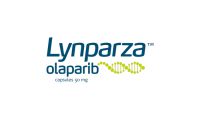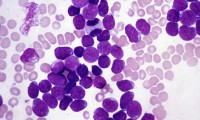-
First-line use of Roche’s Tecentriq given priority review
- Source: pharmatimes
- 885
- May 9, 2018
-
chemoWave app offers patients support during chemotherapy
- Source: MobiHealthNews
- 797
- February 11, 2018
-
BMS’ Opdivo and Yervoy combo better than chemo in halting lung cancer progression
- Source: pharmafile
- 1,006
- February 7, 2018
-
Triple drug treatment combo shows promise in adult leukemia
- Source: medical-newspaper
- 774
- December 21, 2017
-
Unforeseen new drug target discovered for acute myeloid leukemia
- Source: medicalxpress
- 819
- November 28, 2017
-
12 Questions to Ask BEFORE Saying “Yes” to Chemotherapy Treatment
- Source: thetruthaboutcancer
- 946
- November 10, 2017
your submission has already been received.
OK
Subscribe
Please enter a valid Email address!
Submit
The most relevant industry news & insight will be sent to you every two weeks.











